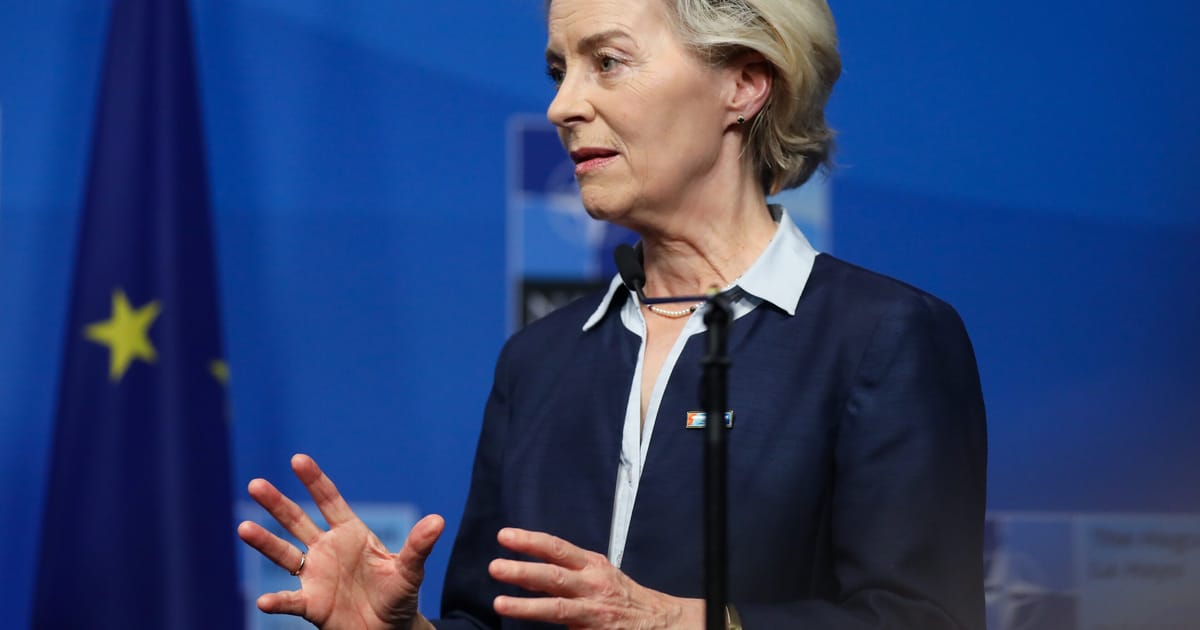

In the landscape of European politics, where decisions resonate across borders and affect millions of lives, moments of uncertainty and disagreement are inevitable. In recent days, the European Commission has faced such a situation, centered around the issue of greenwashing—a practice where organizations present an environmentally responsible public image while privately engaging in unsustainable practices.
The discussion gained momentum when rumors circulated about Commission President Ursula von der Leyen’s intentions regarding a pivotal legislative proposal aimed at combating greenwashing. These reports suggested that von der Leyen was attempting to hinder the bill, causing a ripple of concern among EU member states and related stakeholders.
This situation evolved rapidly, and, as is often the case, initial perceptions shifted. The Commission later clarified that von der Leyen was not trying to obstruct the progress of the greenwashing bill, leading to mixed reactions within political circles. Allies from the center-left camp expressed initial frustration due to the perceived lack of support from the Commission president; meanwhile, far-right groups saw this as an opportunity to criticize and capitalize on the confusion.
Understandably, this series of events has raised questions about unity within the European Commission and the stability of von der Leyen’s leadership. These questions are natural in any political body where multiple agendas and viewpoints converge. However, it is crucial to approach such developments with a sense of calm and measured analysis, to better understand the broader context and implications.
Greenwashing, as a topic, holds significant importance in our global and European commitment to sustainable development. It is part of the broader goal of aligning economic practices with the Paris Agreement to tackle climate change. The current debate underscores the complexity of achieving consensus on environmental policies, which often require balancing diverse political, economic, and social interests.
In the face of differing opinions within the European Commission, it is vital to remember that dialogue and negotiation are essential components of liberal governance. While procedural hurdles and political maneuvering are common, they facilitate a more comprehensive evaluation of policies before they are finalized. This ensures that when solutions do emerge, they are robust and adaptable to the dynamic challenges that Europe and the world face.
Moving forward, the European Commission will continue to deliberate on the greenwashing policy, considering the varied perspectives within its ranks. The ultimate aim is to produce legislation that meaningfully addresses environmental concerns while fostering trust among EU citizens and global partners.
In conclusion, moments of political turbulence, such as the current debate over the greenwashing bill, remind us of the importance of resilience and collaboration in policy-making. By focusing on constructive dialogue and mutual understanding, the European Commission can continue to advance its goals of sustainability and transparency.
Source: {link}
